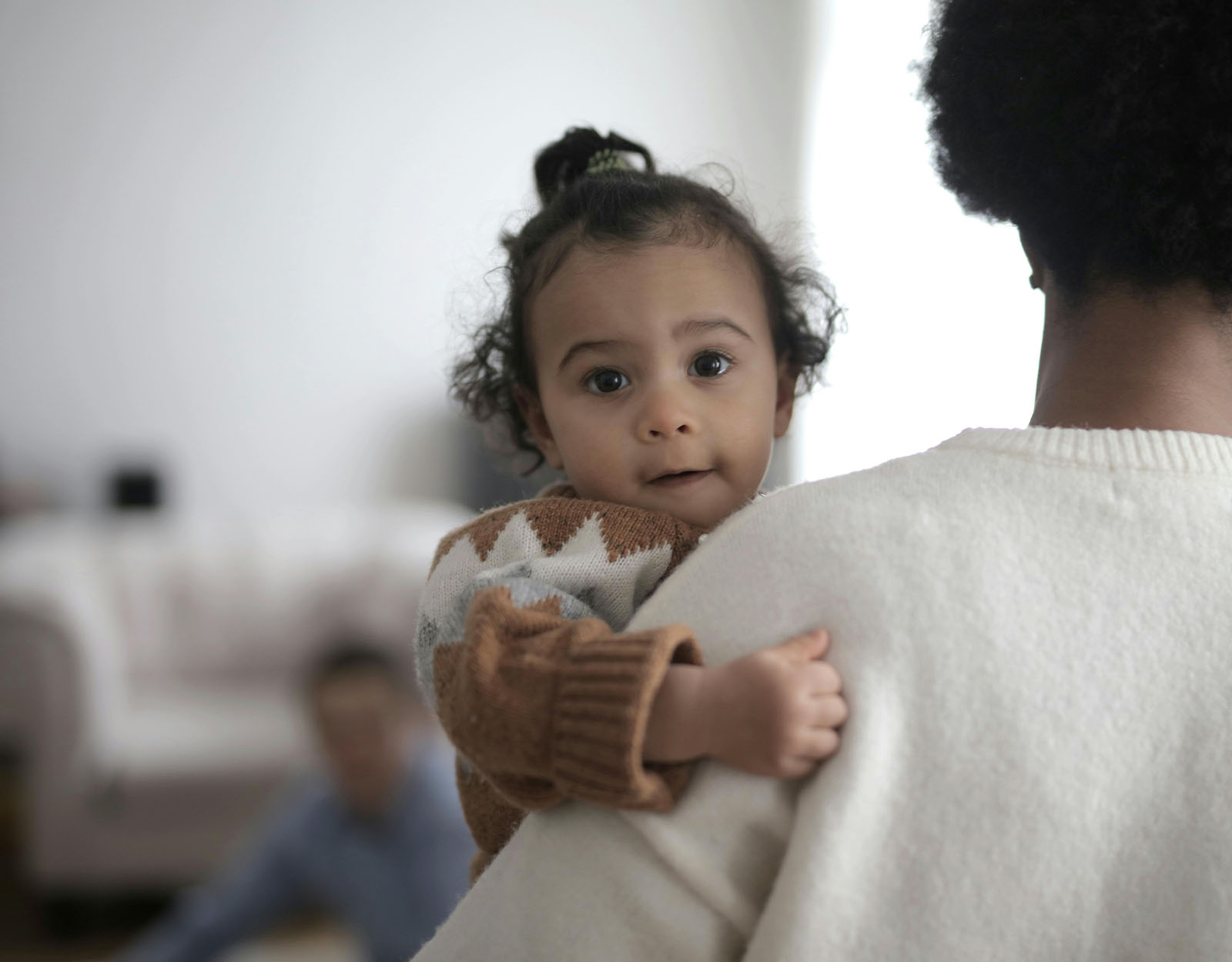Reparenting: The First Step to Becoming the Parent Our Children Need
As we’re determined more than ever to become the best parent our children need, we first need to work on reparenting ourselves.
While no parent is perfect, that’s no excuse to not reconnect and repair things. Sometimes, our inability to forgive ourselves for poorly disciplining or responding to our children’s needs leaves those broken bridges. Thus, we rely on Time — the one we know “heals all wounds.” Unfortunately, there’s a caveat: we need to choose to heal. Once we do choose, then, we can start “reparenting” (Capacchione, 1991).

What is Reparenting?
All the talk about “speaking to our inner child” is the first step of reparenting but this time, we’re doing something more specific: we’ll be focusing more on the unresolved conflicts and feelings we’ve never had addressed as children. If we lived in a household that often declared the loudest voice as the victor, had a volatile and emotionally dysfunctional parent/s, or was left to parent our parents then, we’ll probably recognize a few of these thought patterns:
“They won’t love me the moment I’m wrong.”
“I have no right to feel anything. They have bigger problems than I do.”
“Don’t crack. Just let them go on so the fight’ll be over.”
“I have to be perfect.”
We may not say those out loud but they do serve as the motive for most of our behaviors. By Reparenting, we rely on our hindsight — or the ability to look back and confront our past more objectively and compassionately. However, doing so sometimes backfires: it can leave us feeling guilty about our incompetence, as we deal with the feelings of “knowing it all along.”
But we first need to forgive ourselves.
Facing these realizations we discover after looking back at our childhood and past can sometimes leave us with emotionally stabbing pain. Think of thorns that are drilling slowly into our hearts and minds until we have no choice but to try and yank out a thorn that doesn’t have a physical form.
However, nobody ever said healing starts as a soothing process. Our desire to heal or forgive needs to come from a place of pain — it is only by recognizing the pain we have and have possibly caused others that we can start to heal. We first start by identifying the things we blamed ourselves for in our childhood. Were they things we could control? Did we have all the correct information?
Our actions are decided on the information we have on hand. Whether we’re parents, kids, or young adults, all our actions stem from our choices — each one that’s based on all the known information. But we also have to embrace that we don’t know everything so we’re bound to miss out on some details.
However, this doesn’t excuse us from the pain we’ve caused others while we tried to deal with our emotional baggage. But by accepting that we are more than our mistakes, we can heal others.
Healing doesn’t always go as planned
What makes healing so messy is when we insist the offending party take accountability. In most cases — especially if they’re parents, it’ll take some time before they admit their mistakes. But it’s a feeling we know all too well — because as parents, we’re expected to know everything and perform everything well. There’s no room for mistakes and if we do make one, the punishment is extreme.
Unfortunately, that kind of approach assumes one is completely wrong and the other one is completely right. But that kind of duality is dangerous. Although Life may have a few behaviors that are inherently or innately evil, not all situations are easily segregated between right, wrong, good, and bad.

But when the healing finally happens, so does the reparenting
Healing’s messy proceedings may discourage us from reparenting at first and sometimes, it may even confuse our inner child’s wants and needs.
At some point, we’ll even stop trying because everything will still feel heavy, dull, and gray despite following everyone’s advice on how to heal. However, reparenting is a work in progress yet we may have to accept the cruel truth: we may never see the long-term effects of our efforts. Those who are finding their way to reparent themselves may be more fixated on the emotionally chaotic job of laying the groundwork which can feel like a thankless job at times. Sometimes, it may even be expensive!
But it’s worth the investment. Our kids and even our minds will thank us for it. It’s fewer triggers, fewer fights, and more happy memories to create with our kids.
References
Capacchione, L. (1991). Recovery of your inner child: The highly acclaimed method for liberating your inner self. Simon and Schuster.
Fincham, F. D. (2022). Towards a psychology of divine forgiveness. Psychology of Religion and Spirituality, 14(4), 451.
López, J., Serrano, M. I., Giménez, I., & Noriega, C. (2021). Forgiveness interventions for older adults: A review. Journal of clinical medicine, 10(9), 1866.
McCauley, T. G., Billingsley, J., & McCullough, M. E. (2022). An evolutionary psychology view of forgiveness: Individuals, groups, and culture. Current opinion in psychology, 44, 275-280.
More about dealing with our inner selves?
To All Cycle Breaking Parents, We’re With You
A Good Quality for Any Parent is Being Attuned to Their Inner Child
Breaking the Cycle of Generational Trauma and Toxic Patterns









